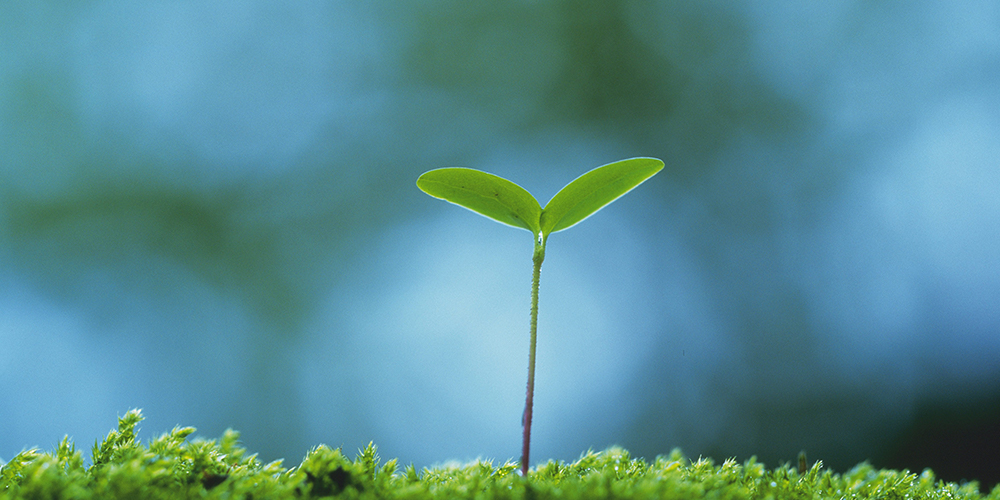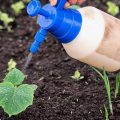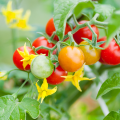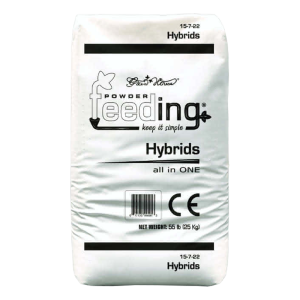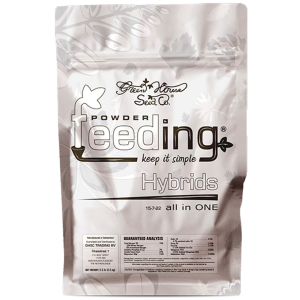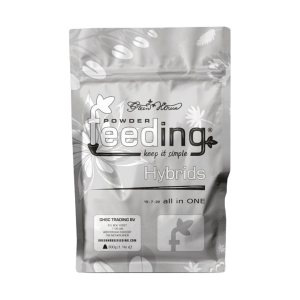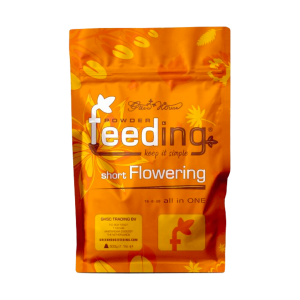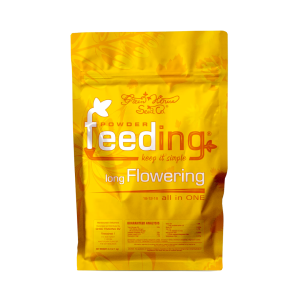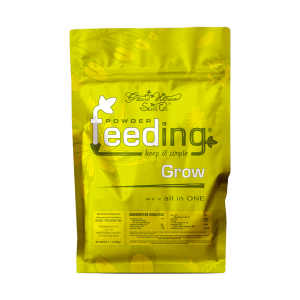One of the most important elements for plant growth is nitrogen. In fact, it’s more critical to plant health than any other molecule. It’s found in the atmosphere, but plants cannot use this form of nitrogen. Gardeners must make an effort to add nitrogen to their gardens so that there’s enough available for root uptake. Take a close look at the importance of nitrogen for your plants.
1. Contributes to Chlorophyll Development
A main function of nitrogen is being part of a plant’s chlorophyll structure. These molecules cannot function without nitrogen being present. Chlorophyll allows photosynthesis to take place, which is how plants produce sugars and remain alive. Part of the green color produced by the chlorophyll is thanks to the nitrogen taken up from the soil level.
2. Provides Assistance With Biochemical Reactions
Plants may have a benign appearance, but there are many different activities that are taking place inside just one stem and leaf arrangement. The plants absorb sunlight and use the energy to synthesize enzymes, amino acids and proteins. In fact, the major function of nitrogen in plants is to offer biochemical-reaction power. Plants simply cannot live without nitrogen. Growth and reproduction depend too heavily on nitrogen, which should encourage gardeners to apply this nutrient to the ground with a generous hand.
3. Offers Cell Structure
What does nitrogen do for plants? It assists in protein synthesis, which creates the tissues necessary for structure. Every cell within a plant has cell walls. These walls give the plant strength to grow tall and survive some weathering effects. They also protect each cell from collapsing in on itself. Proteins are a major component of cell walls, and cells cannot retain their shape without them.
4. Boosts Mineral Use in Plants
What does nitrogen do for plants? It works alongside other minerals in order to make them available to the cells. When nitrogen is in the soil, associated minerals can be absorbed by the plants and used as needed.
What does nitrogen do for the soil? It allows the nitrogen to be converted into usable compounds, such as nitrates and ammonium, by way of microorganism activity. Without this harmony between nitrogen, soil and minerals, plants would have difficulty growing in the first place.
5. Assists With Healthy Blossoms
Within every plant is a substance called protoplasm. It’s a translucent component that acts as a safe haven for cellular functions. Nitrogen is a major contributor to a healthy amount of protoplasm. This substance gives rise to unique blossoms, strong stems and the ability to reproduce in harsh conditions. Why do plants need nitrogen? Without diverse flowers with stable stems, reproduction may fail and harm the species.
What does nitrogen do for plants? It’s nearly involved on every level of development. Be aware of the nitrogen levels in your garden so that any amendments can be made. The natural, nitrogen cycle can improve your garden’s health, but additional help is always welcome. A flourishing garden can be a year-round thrill at your property as a result.
